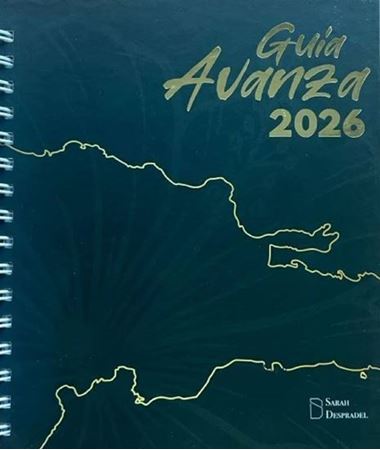

NOVEDADES
PARTE DE TU MUNDO (BOL)
Algo pone el mundo de Alexis Montgomery patas arriba. La causa: Daniel Grant, un carpintero ridículamente sexy, diez años más joven que ella y tan informal como parece. Todo lo contrario de la sofisticada chica de ciudad que es Alexis. Y, sin embargo, la química entre ambos es innegable.
Si bien los millonarios padres de Alexis quieren que ella continúe con el legado familiar y se convierta en una cirujana de renombre mundial, Alexis no parece necesitar ni gloria ni fama. Le parece bien con llegar a ser una doctora de urgencias.
Y cada minuto que pasa con Daniel descubre lo que realmente es importante. Sin embargo, dejar que su relación se convierta en algo más que en una aventura a corto plazo significaría darle la espalda a su familia y renunciar a la oportunidad de ayudar a miles de personas.
Llevar a Daniel a su mundo es imposible y, a la vez, tampoco puede renunciar a la alegría que ha encontrado a su lado.
750
TODO LO QUE TIENES SABER SOBRE VIDA(BOL)
En una sociedad en la que se ha ido abandonando poco a poco la educación sentimental para convertir en auténticos valores el dinero, la competitividad, la vida acelerada y el bombardeo de las redes sociales y la pantalla, el doctor Enrique Rojas pone el foco de atención en uno de los principales problemas: cómo lograr el equilibrio emocional.
900
SUENA, VISUALIZA, CREA
Curro Cañete, siguiendo su método de relatar en primera persona las metas que se propone, se ha marchado solo a Nueva York para escribir. En esta ocasión, cargado de sueños por cumplir, nos cuenta las dificultades que le frenaban a la hora de hacer algo que deseaba mucho, pero que también le llenaba de inquietud y de temor al estar en terreno desconocido.
1,450






















